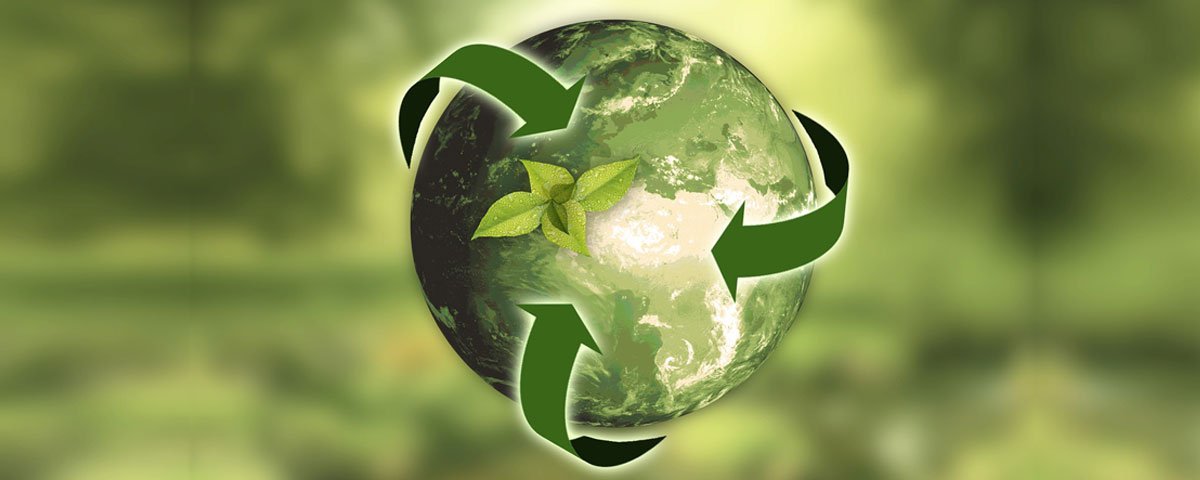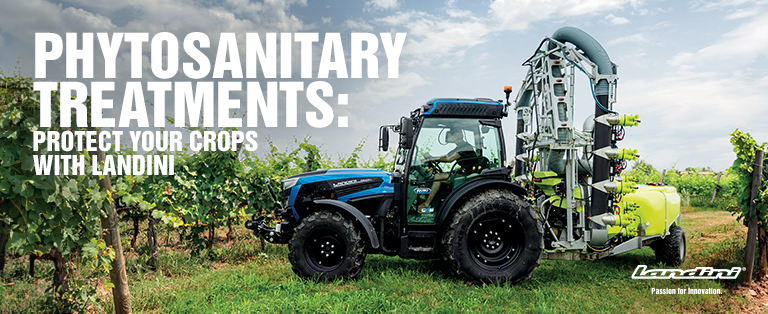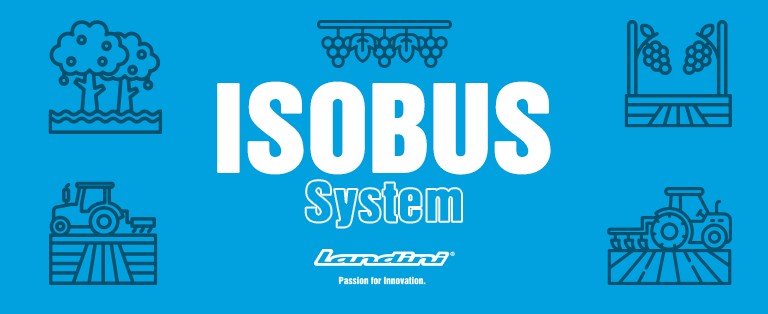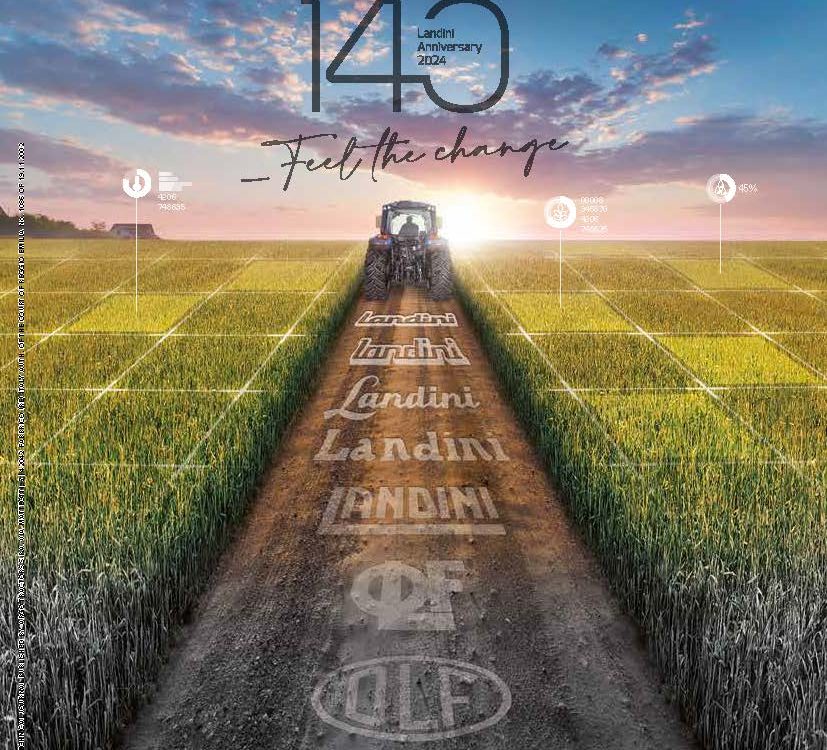What benefits can the circular economy bring to agriculture?

What is the circular economy?
This term refers to an economy capable of regenerating itself: what is normally destined to be discarded and dispersed in the environment is instead reused and valued.
The circular economy aims to increase economic and ecological efficiency. It is called “circular” because it opposes the typical linear model, which starts from the raw materials, leading to their transformation and disposal. A circular system, on the other hand, provides for the re-cycling of resources, with the ultimate aim of minimising waste.
The circular economy in agriculture
From the perspective of the circular economy, it becomes essential not only to reduce waste, but also to exploit waste to create new value. From various points of view, agriculture is the perfect field to practice the circular economy, producing sustainable products from renewable sources:
- for centuries, animal waste from livestock farming has been used as a source to obtain fertilisers and soil improvers for agriculture. Rich in nutrients and, in particular, nitrogen, phosphorus and potassium, they enrich the soil and improve its aesthetics.
- Another circular use of agricultural resources is biomass, which is organic matter generated by plants and animals and used to produce energy. These are generally waste materials, such as firewood, farm waste liquids or seaweed, which can be used directly or modified to obtain clean energy sources, which minimise landfill filling. They are also resources of which we have great availability and which are very versatile for use.
- Increasing efficiency and reducing waste is also an objective that the circular economy shares with precision agriculture. The latter makes it possible to use fertilisers and chemicals, according to the needs of the soil, trying to provide the right amount of substances at the right time, and in the right place. This optimises performance while reducing environmental impact.
The benefits of the circular economy
According to the forecasts of the European Union, adopting measures related to the circular economy would allow European companies a total savings of about 600 billion euros each year, that is approximately 8% of total turnover. At the same time, total greenhouse gas emissions could be reduced by between 2% and 4%.
The benefits are many:
- ensuring greater availability of raw materials
- reducing environmental impact
- increasing competitiveness
- fostering innovation and economic growth
At Landini, we stand side-by-side with those who work in the agricultural industry, to help them face everyday challenges through cutting-edge, reliable, and easy-to-use tractors. Contact our dealers to find the tractor that best meets your needs:



